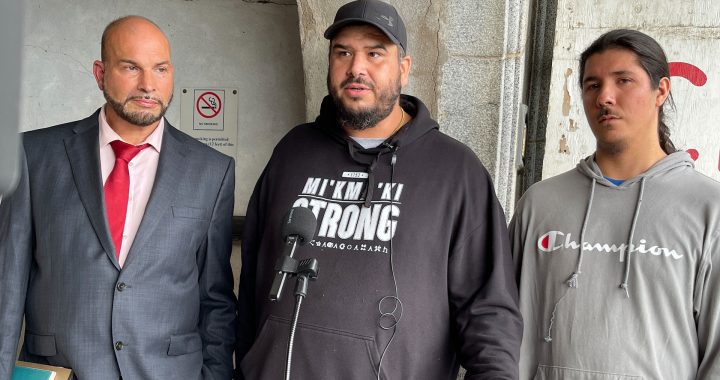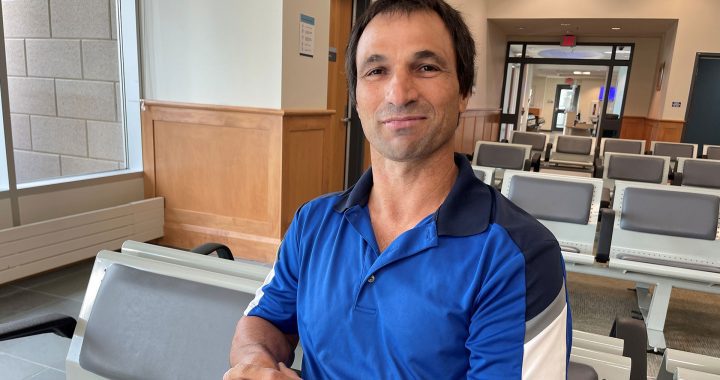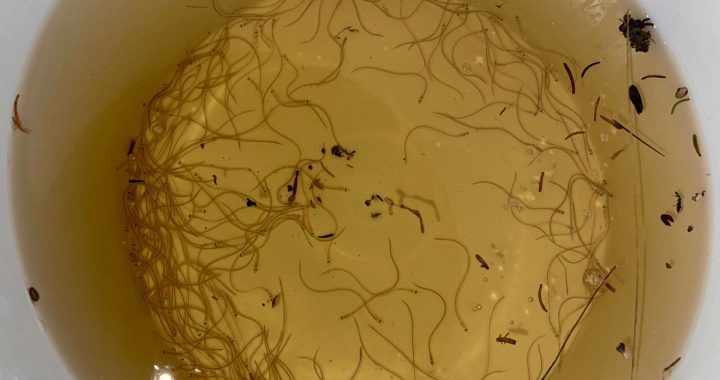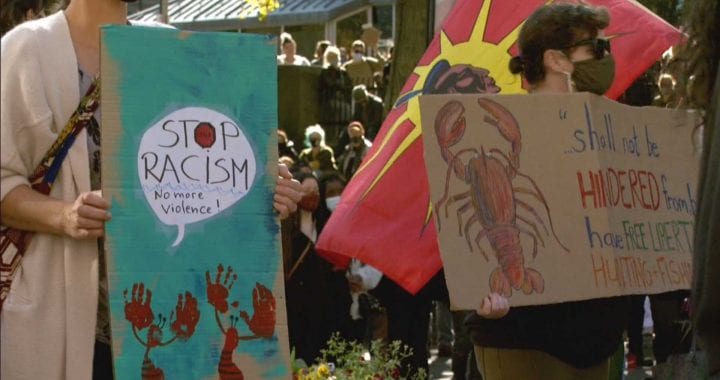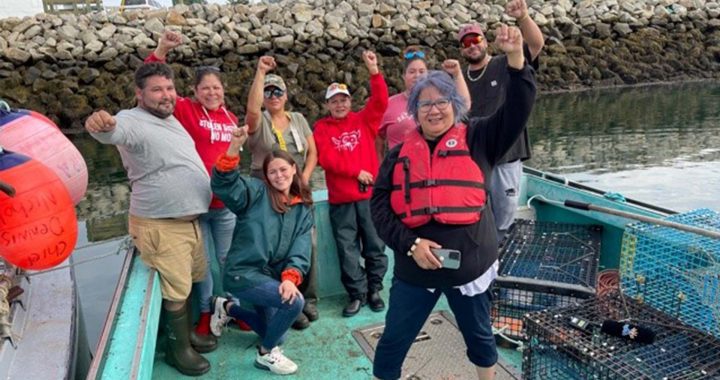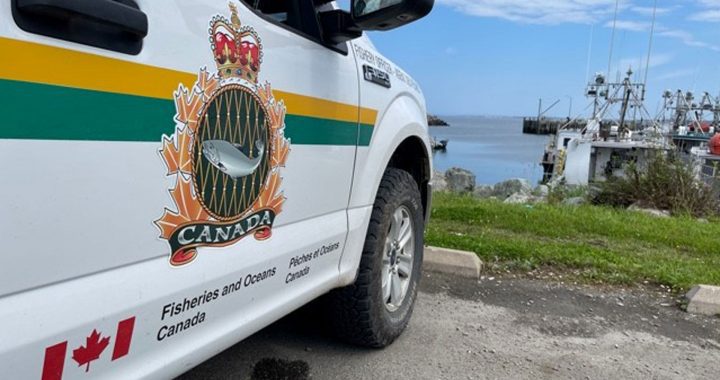Mi’kmaw Fishing Rights
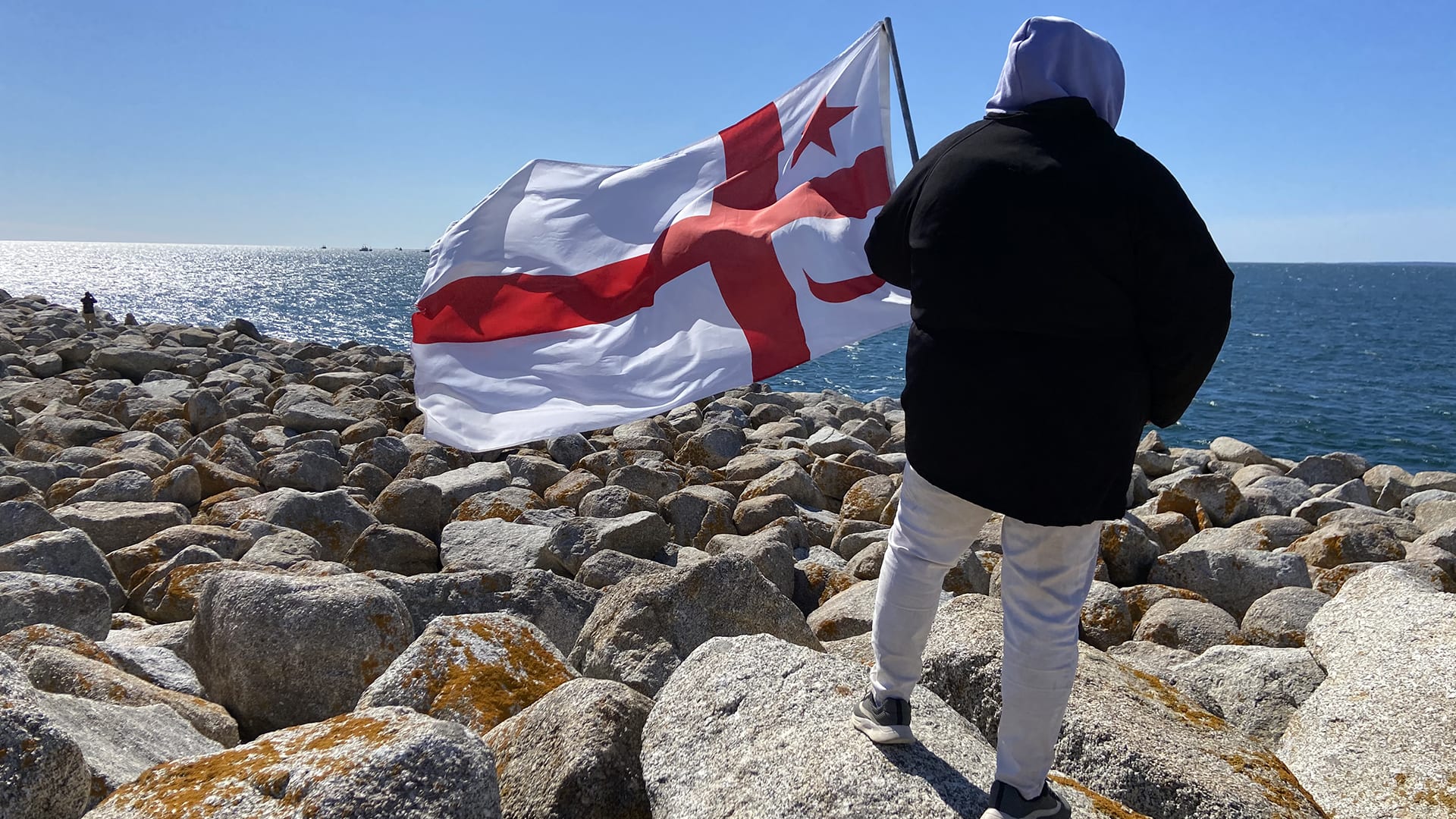

The Sipekne’katik First Nation launched its moderate livelihood fishery on September 17 in Saulnierville, a three-hour drive west of Halifax.
The days since have been marked by threats, flares fired at Mi’kmaw boats, as well as damage to trap lines.
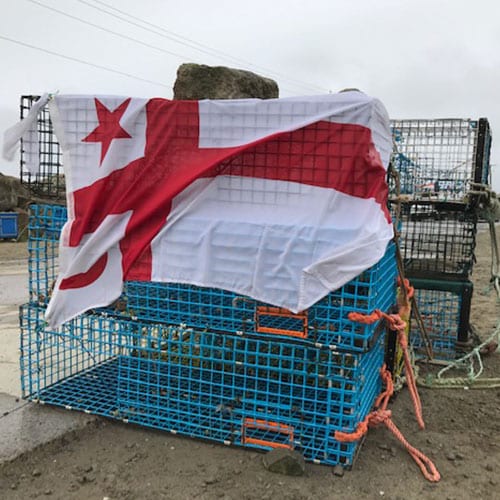

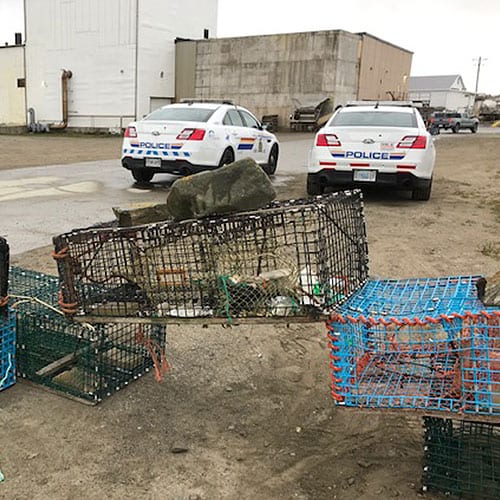

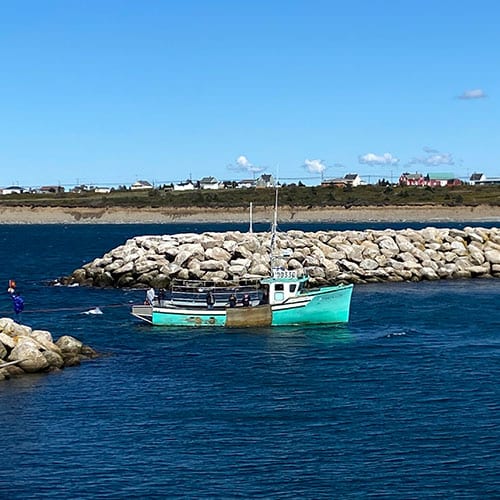

The Facts Behind Mi’kmaw Fishing Rights
The history of Mi’kmaw fishing rights, explained.
In 1999, the Supreme Court of Canada upheld treaty rights in the Marshall Decision. A momentous victory for the Mi’kmaq and other Nations along the Atlantic coast. Twenty years later, the fight wages on. For treaty rights. Jurisdiction. The right to make a living.
Video Journalist Trina Roache explains the history and fight for Mi’kmaq fishing rights in APTN Investigates: Living Treaties
Our coverage



